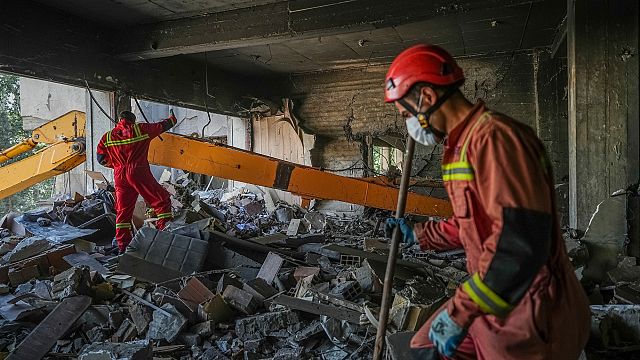Bitcoin's Security Budget Issue: Problems, Solutions and Myths Debunked

Honest miners not participating in such an attack have their blocks orphaned, meaning the network does not recognize them as part of the valid chain. Their work becomes useless and they won't get any rewards.
Security in Bitcoin isn't free
The term "security budget" in Bitcoin refers to the total amount of money paid to miners to secure the network.
-
Approximately every 10 minutes, miners are paid to keep the network safe — this is the security budget. It consists of:
-
[1] Block subsidy (newly minted BTC)

-
[2] Transaction fees

Miners earn rewards through block subsidies and transaction fees, but their actual profit is what remains after covering the costs of hardware and electricity. Since mining is highly competitive and demands specialized equipment and significant energy consumption, these expenses can add up a lot.
-
-
For an attacker to compromise Bitcoin, they must outpower all honest miners.
To successfully carry out a 51% attack, an attacker needs to control more computing power than the rest of the honest network combined. That means they must invest more in mining hardware and energy than all honest miners together — an incredibly expensive undertaking.
Alternatively a third party (e.g., a big government) can try to bribe or force miners to conduct an attack.

Security budget =
Block subsidy +
Transaction fees
So, the larger the budget, the harder it is to attack.
Miners are profit-driven — they won’t spend more on equipment and electricity than they expect to earn. So, the total miner revenue sets an upper limit on how much honest miners are willing to spend and an upper bound on how expensive it would be to attack the network. The higher the security budget, the more costly it is to perform a 51% attack — and the
more secure Bitcoin is. 
Makes sense, right? Here’s the catch. Key Problems
What's Your Reaction?
 Like
0
Like
0
 Dislike
0
Dislike
0
 Love
0
Love
0
 Funny
0
Funny
0
 Angry
0
Angry
0
 Sad
0
Sad
0
 Wow
0
Wow
0







































